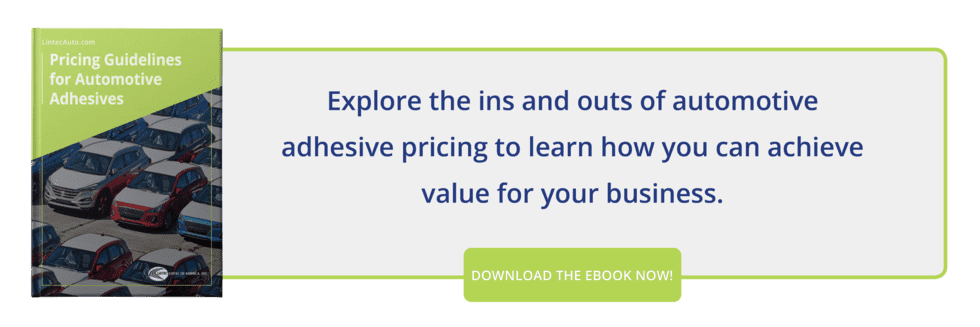February Auto Industry News
Keeping up with the auto industry can be difficult at times, even when you’re a part of it. Things change quickly, trends develop seemingly overnight, and just as soon as it settles down, something else happens.
February is seeing ups and downs in the industry, with some expected issues and additional changes that will have to be accommodated going forward. Here’s the latest auto industry news from February, so you can keep up with the happenings.
Used Car Prices Are Still High
Unsurprisingly, the auto news is still full of information on used car prices and how much it costs to purchase a used vehicle in today’s market. While these prices aren’t as high as they were a few months ago, they’re still stronger than expected and haven’t come down much.
There’s even talk within automotive industry news circles that prices could go back up again. That looks especially likely if there are continued issues with the supply chain, including the ongoing automotive industry chip shortage. If new cars start arriving in dealerships faster than they have been, and supply catches up to demand, used car prices will begin dropping.
That’s not expected before the end of the year, but it could change if supply chains get caught up, or if they’re able to increase production beyond what they’re already offering. However, it’s important to note that it’s not only the components for vehicle manufacturers that are in short supply. Staffing shortages also continue to plague the industry, as well as other areas of society.
Fewer People Are Getting Auto Loans
Auto loan rates for new vehicles went up three percent, and that’s a big jump. With the average new car payment being around $700, a lot of people are shying away and waiting for rates to come back down. In the meantime, they may look for a used car, which is another issue driving up used car prices.
It’s also harder for people to get a new car loan today, and the requirements for doing so are getting tighter. The availability of getting financed on a new vehicle fell by 1% on average. While that might not sound like much, it definitely has an effect on the people who were close to not qualifying for their loans. Now they may not be able to purchase or afford that vehicle.
Lithium is in Demand for the EV Market
Among the biggest auto trends is lithium. The world needs more of it to make the batteries for EV cars, and it’s possible that this year will require more of it than has been produced before. Depending on the availability of mining and processing lithium, this could eventually lead to a rise in the cost of EV vehicles due to the expense of creating their batteries.
Lithium isn’t a precious metal, so there’s no specific shortage of it in the world. But there are still supply issues with getting enough of it and making sure it’s moving through the supply chain efficiently.
Luxury Autos Are Trending Upward
Additional trends in the automotive industry for February are centered around luxury vehicles. Not only are more people choosing them, but they’re becoming more expensive. Even with new car prices declining slightly, the cost of a new luxury vehicle has risen around 6% per year, on average.
That doesn’t include EVs, which have seen some sharp price decreases. Most notably, the prices of some Tesla models have been slashed in order to keep the demand up, as fewer people were choosing to buy them when they were at a higher price point.
A Rough 2023 is Still Expected
Even though February is bringing some positive news for some areas of the industry, the overall auto industry trends still indicate that 2023 will be a rough year. High used car prices, higher loan interest rates, and continued issues with the supply chain aren’t going away anytime soon.
It’s not all doom and gloom, but it’s important for anyone in the auto industry to make sure they have plans in place for shortages, changes to the pricing structure, and other areas where both manufacturers and consumers might be affected. That can help make 2023 a good year, even if the February news isn’t as hopeful as most in the industry would like.
Need more information? Looking for an automotive film and adhesives supplier you can rely on? Contact us at LINTEC Automotive today and let’s make sure you’re getting the supplies you need to keep production moving.

